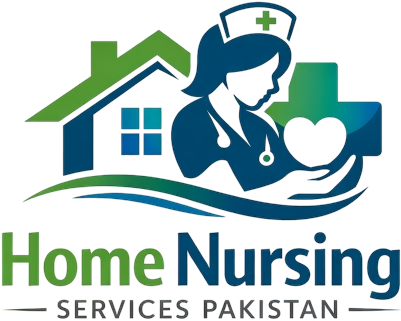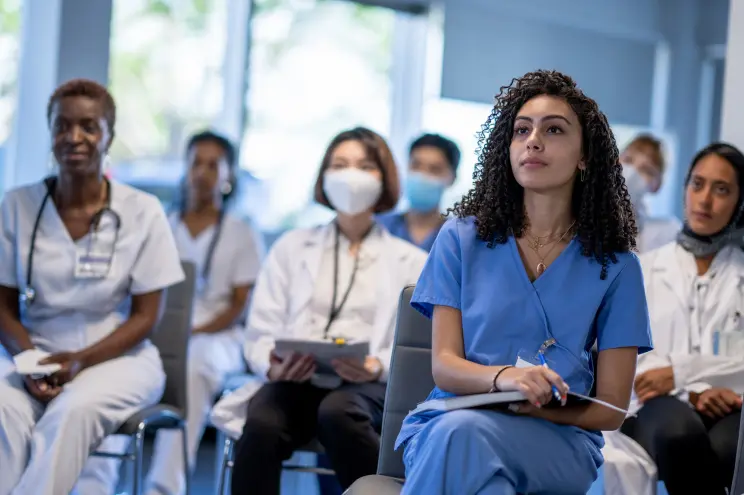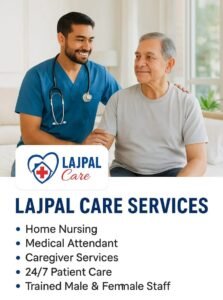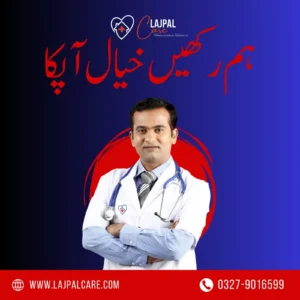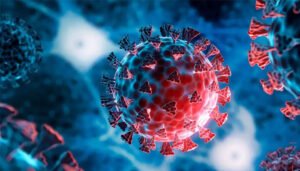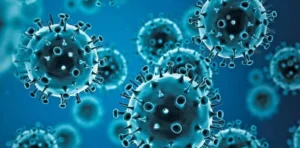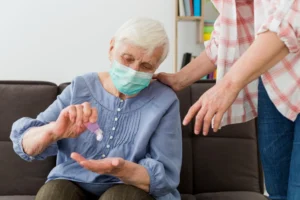Medical Curriculum Criticized for Outdated Information on People: A Call for Reform
By Lajpal Care News Desk
The global medical community is raising concerns about the outdated content in medical curriculums, particularly in areas related to people’s health, societal changes, and advancements in medical knowledge. Critics argue that many curriculums fail to reflect modern developments, leaving medical professionals ill-prepared to address contemporary health challenges.
The Problem with Outdated Medical Curriculums
Despite rapid advancements in medical science and technology, several medical curriculums continue to rely on decades-old information. This has serious implications for healthcare, including:
- Ineffective Training: Medical students are often trained with outdated practices, limiting their ability to apply the latest evidence-based treatments.
- Cultural Insensitivity: Curriculums may lack updates on how societal and cultural changes affect patient care.
- Limited Understanding of New Diseases: Emerging health issues, such as mental health disorders and the impact of climate change on health, receive insufficient attention.
Key Areas Needing Improvement
- Mental Health: Updated insights into mental health conditions and modern therapeutic approaches are often missing.
- Diversity in Healthcare: Current curriculums may lack adequate representation of diverse populations and their unique health challenges.
- Technological Integration: New advancements, like telemedicine and artificial intelligence in healthcare, are seldom included.
Dr. Ayesha Khan, a professor of medical education, states
“Our medical students must learn not only about diseases but also about the evolving needs of the patients they will serve. It’s time to bridge the gap between the curriculum and real-world healthcare.”
Global Efforts to Modernize Medical Education
Countries around the world are beginning to address this issue by:
- Revamping Curriculums: Institutions are integrating updated medical research and emerging health trends.
- Incorporating Patient-Centered Care: Programs now emphasize cultural competence and holistic approaches to healthcare.
- Promoting Continuous Learning: Lifelong education programs are encouraged to keep professionals informed about the latest advancements.
How Lajpal Care Supports Medical Progress
At Lajpal Care, we understand the importance of staying updated in the healthcare field. Through our nursing services and healthcare training programs, we ensure that medical staff are equipped with the latest knowledge to provide high-quality patient care.
We offer:
- Updated Medical Training: Regular workshops to educate healthcare providers on modern practices.
- Holistic Care Approach: Training in patient-centered methods for diverse populations.
- Access to Resources: Comprehensive materials and guidance for continuous learning.
Conclusion: A Call for Reform
The outdated medical curriculum is a significant barrier to improving healthcare outcomes. By prioritizing reforms and embracing change, medical institutions can better prepare future professionals to meet the needs of an ever-evolving world.
Medical Curriculum Criticized for Outdated Information on People: A Call for Reform
- Home Patient Attendant
- Home Nursing Services
- About Us
- Our Services
- Home
- Book Now
- For More Information Find us on
- Facebook | Instagram | Youtube
